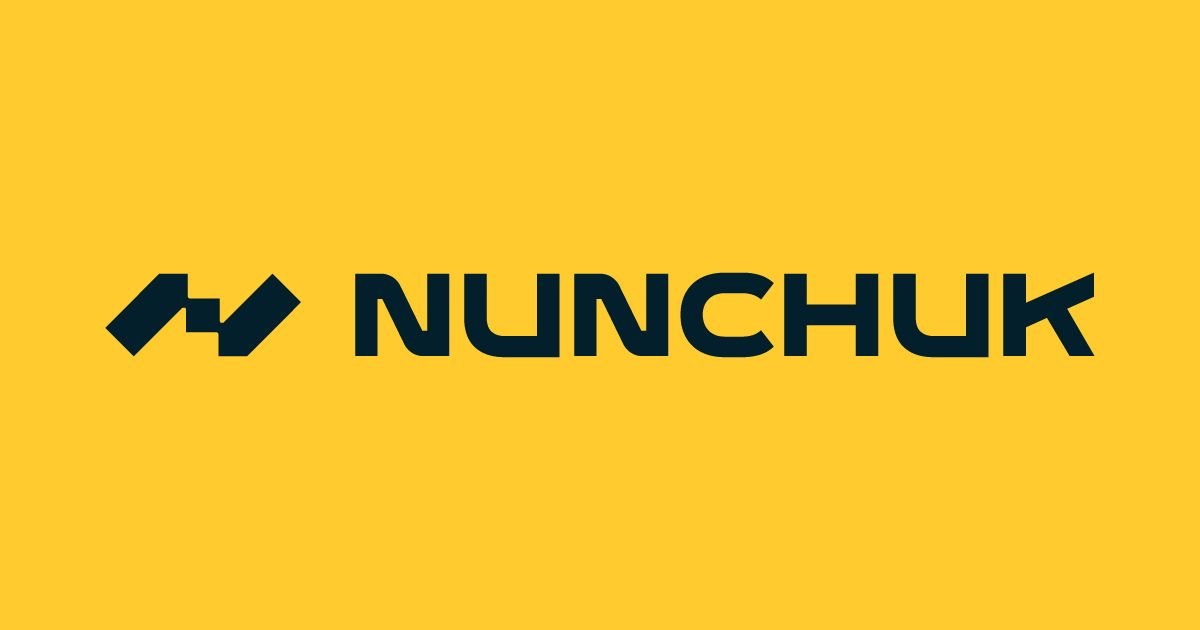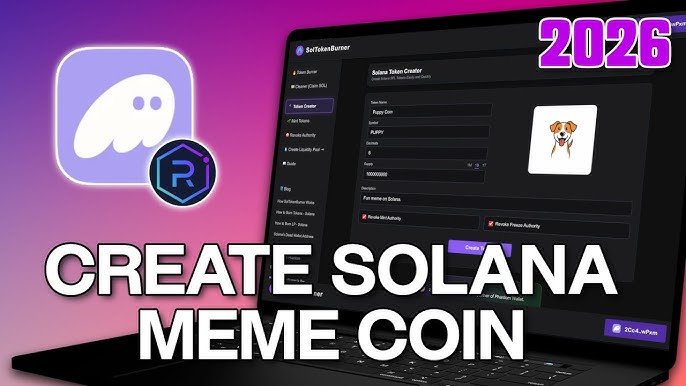Nunchuk Wallet incorporates scripts that make Bitcoin a Swiss Army knife

The Nunchuk team, a BTC wallet for subscription specializing in inheritances and multi-firm shares, announced on August 27 the departure of the “miniscripts,” a code construction method that improves Bitcoin’s programmability.
According to Nunchuk, scheduling various complex spending conditions in Bitcoin has historically been “complicated, risky, and difficult to coordinate.”
The miniscripts, which theoretically function as programmable and composable building blocks, aim to solve certain complexities to create varied conditions for trading BTC in its native protocol.
In the words of the developer team, miniscript, which is the proposal to improve Bitcoin (BIP) 379, is a structured way to express these rules so that purses can analyze and present them safely. Think of Lego blocks: signatures, time, and secrets (hashlocks) that you can compose on clear and reliable policies without hand-rolled scripts.
Nunchuk believes that some cases of use of the miniscripts are as follows: program time blockages for inheritances, create corporate treasuries with layers of approval, design escrows or warranty deposits for over-the-counter (OTC) trading, and model private wallets for group use.
We’re sending generalized miniscript in Nunchuk, which allows anyone to create wallets that suit real-life needs, such as a time-blocking inheritance plan, a commercial treasury with expired portfolios and layered backups, a warranty deposit without custody or even a multi-part wallet with a compact footprint on the chain. Everything from an encrypted and friendly app.
Nunchuk, wallet of Bitcoin.
The blog post claims that miniscripts are widespread. That is, they allow to creation of any kind of spending condition as long as it conforms to the standard rules of Bitcoin policy.
This programmability kit also allows you to propose, create, and operate collaborative wallets, launched by the team in late February.
The workflow to do so is encrypted from end to end (E2EE), including communication, as the kit houses a built-in chat to facilitate coordination between developers.
At the time of writing, the native SegWit miniscript is available for Coldcard, Tapsigner, Blockstream Jade, Ledger, and Spectre DIY. Meanwhile, the primary root miniscript can be used in Coldcard, Ledger, and Spectre DIY.









